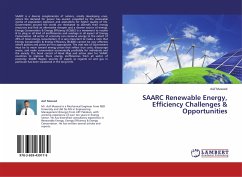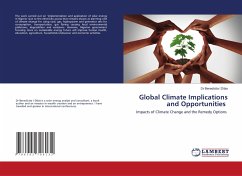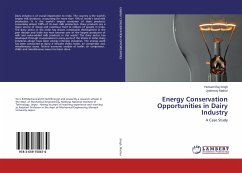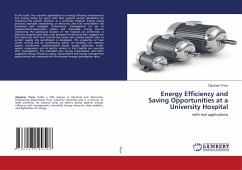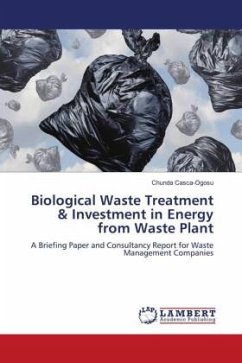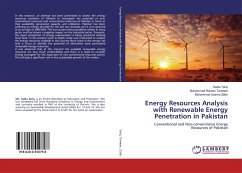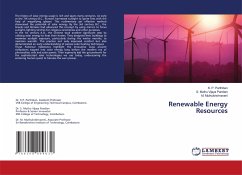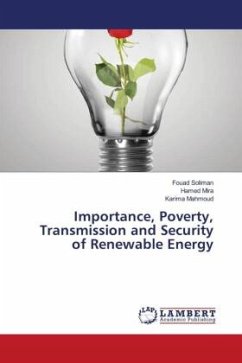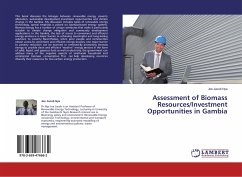
Assessment of Biomass Resources/Investment Opportunities in Gambia
Versandkostenfrei!
Versandfertig in 6-10 Tagen
27,99 €
inkl. MwSt.

PAYBACK Punkte
14 °P sammeln!
This book discusses the linkages between renewable energy, poverty alleviation, sustainable development,investment opportunities and climate change in the Gambia. My discussion includes types of renewable energy technology, special emphasis is placed on biomass-based energy systems. Biomass energy has a number of unique attributes that make it particularly suitable to climate change mitigation and community development applications. In the Gambia, the lack of access to convenient and efficient energy services is a major barrier to achieving meaningful and long-lasting solutions to poverty. Nev...
This book discusses the linkages between renewable energy, poverty alleviation, sustainable development,investment opportunities and climate change in the Gambia. My discussion includes types of renewable energy technology, special emphasis is placed on biomass-based energy systems. Biomass energy has a number of unique attributes that make it particularly suitable to climate change mitigation and community development applications. In the Gambia, the lack of access to convenient and efficient energy services is a major barrier to achieving meaningful and long-lasting solutions to poverty. Nevertheless, when poor people and communities obtain access to convenient and efficient energy services, one major barrier to poverty reduction can be lowered or removed.By promoting biomass energy to provide clean and efficient "modern" energy services in the form of solid, liquid, and gaseous fuels as well as electricity, the government can address many of the negative aspects of small-scalehousehold and commercial biomass consumption. This can help developing countries diversify their resources for low-carbon energy production.



